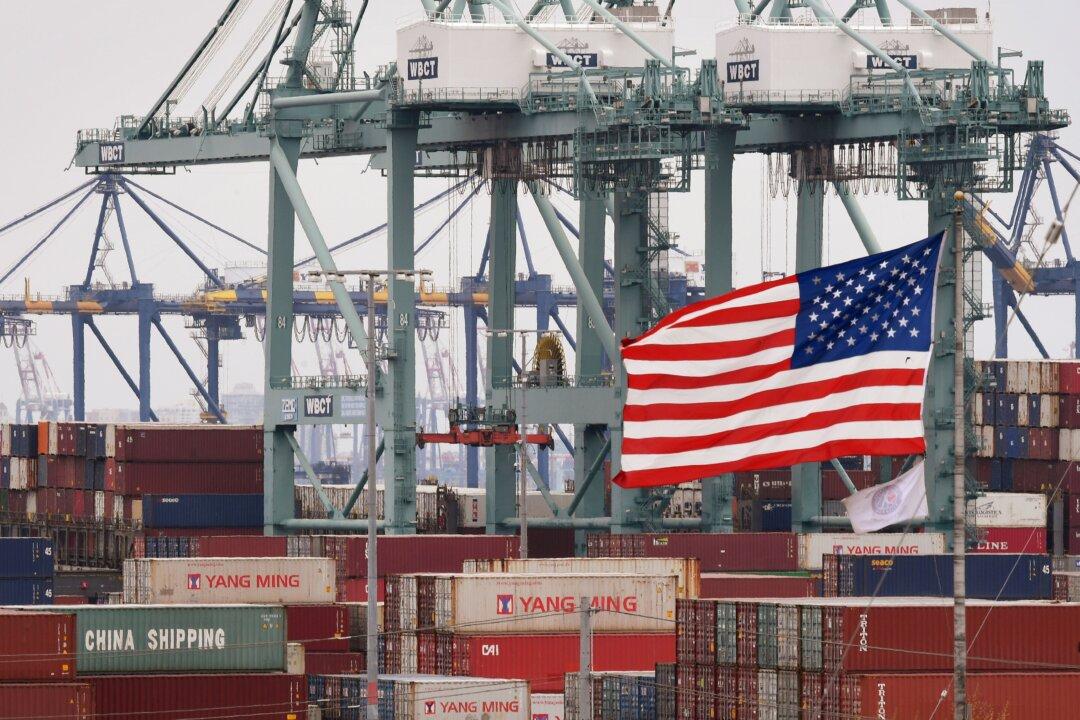News Analysis
WASHINGTON—Globalization, which has shaped the world economic order over the past few decades, was already in trouble before the pandemic. And with the emergence of COVID-19, the retreat from global economic integration has gained momentum, setting in motion a global reordering that’s expected to play out over decades.





